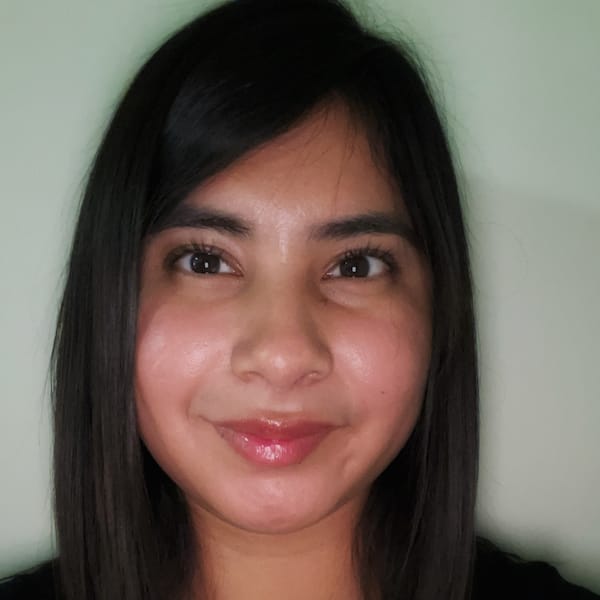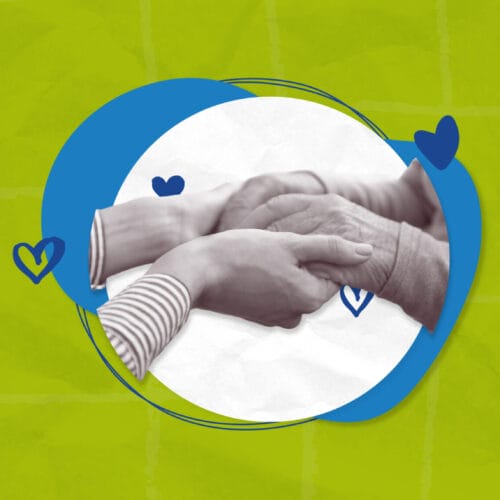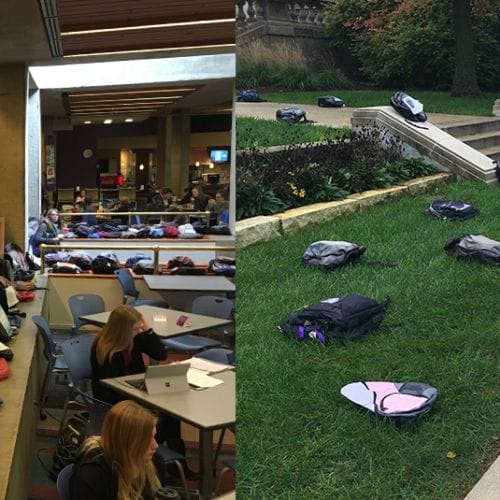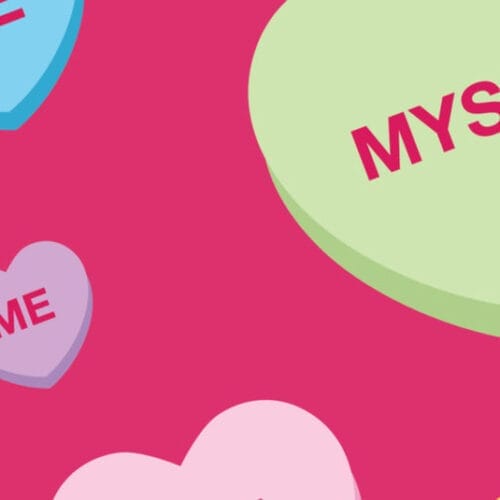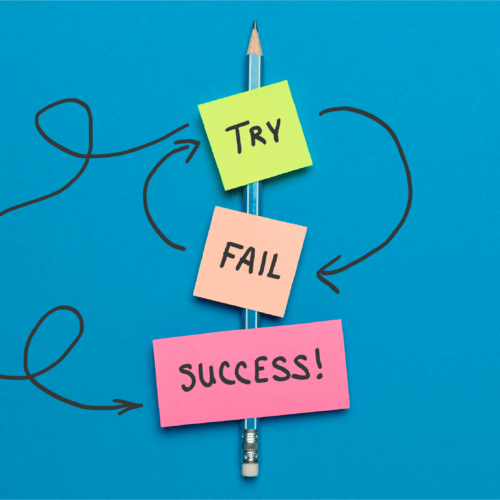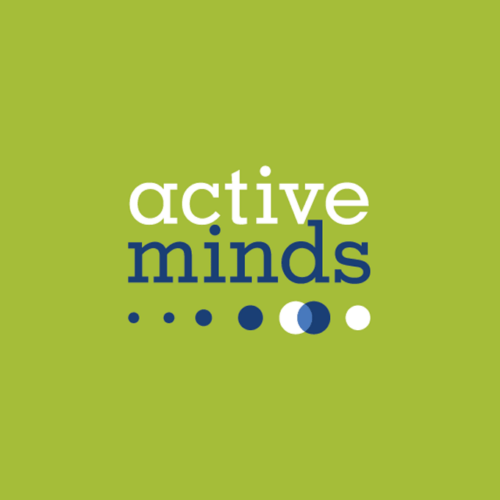Caregiving is a weighted word — especially for Gen-Z, now at the forefront of family care. For me, it brings up many feelings, like frustration and stress.
A caregiver supports a loved one through physical help, emotional care, or financial aid. The role is deeply personal. For some, it’s a cultural expectation, making it a big part of who they are. For others, it’s an unavoidable duty, something that they didn’t have much say in.
Caring.com reported that about 72% of Gen-Z plan to provide some type of care for their parents. And for those who are already providing care, this can be not only a physically and economically exhausting job, but also a mentally taxing one. Young adults already manage school, work, and social life; caregiving is one more responsibility piled on their plates. This all can cause social isolation, academic burnout, and professional struggles.
Gen-Z is quickly becoming the new face of family caregiving, often influenced by cultural or familial responsibility. I invited two fellow Gen-Z caregivers, Jorge Alvarez (a full-time professional) and Carolyn Dao (a full-time student), to share their unique experiences with me through a series of Q&As. Learn more about them below!
What does providing caregiving for your family mean to you, and what does it look like?
Jorge: For me, caregiving isn’t just about stepping into a role you didn’t expect, but doing so, surely, out of love, but often out of necessity. I became a caregiver for my mom in less than 24 hours, without much preparation, after she had a major surgery. I supported her with everything from bathing and feeding her to coordinating appointments; all while adjusting to adulthood and living on my own for the first time. It was overwhelming, but it taught me how important it is to have plans for caregiving or at least know where to find resources and learn more about what support systems exist for us.
How has your view on caregiving evolved throughout your experiences with it?
Carolyn: Before I started taking care of my grandparents, I thought that mainly older adults did it as a full-time job. But growing up, my dad, aunts, and uncles would all pitch in to assist my grandparents. I thought that I could be a kid for a little longer. However, I realized that being a caregiver can start at any age. Caregiving allowed me to have an early look at how adults manage to balance all sorts of things, and taught me how to balance out caregiving, school, and mental health.
Research has shown that caregiving for a family member can bring up a lot of complex emotions. What feelings have come up for you in your caregiving journey?
Jorge: I’ve felt love and gratitude, but also resentment, guilt, exhaustion, and fear. There were moments when I felt like I had to put my life on pause, and that was hard to accept. I constantly questioned if I was doing enough or doing it “right.” I felt guilty and anxious when I couldn’t help. It’s a deeply human experience that pushes you to confront your limits while trying to protect someone else’s dignity, while prioritizing your own mental health and well-being.
What support has been helpful in processing your feelings and taking care of your mental health throughout your experiences with caregiving? Are there any resources that you think are missing to better support caregivers?
Carolyn: Having open conversations with those I trust helped me carry the weight on my shoulders. They allowed me to speak my mind while understanding the situation I was in. While there are support systems out there for adult caregivers, there are not many for Gen-Z ones, as they are just as capable and experience the [same] emotions.
Caregiving is a difficult, yet often unrecognized, job that impacts the mental health of young adults. Active Minds recognizes that caregiving duties significantly impact the mental health of young adults. That’s why we encourage you to join us for our upcoming caregiving workshop — either to learn about caregiving or share your own challenges and experiences as a caregiver.
Let’s work together to identify and shape resource ideas for Gen-Z caregivers like you and me. Register today to join us for a workshop on caregiving on Thursday, November 13th at 7:00 PM ET!


